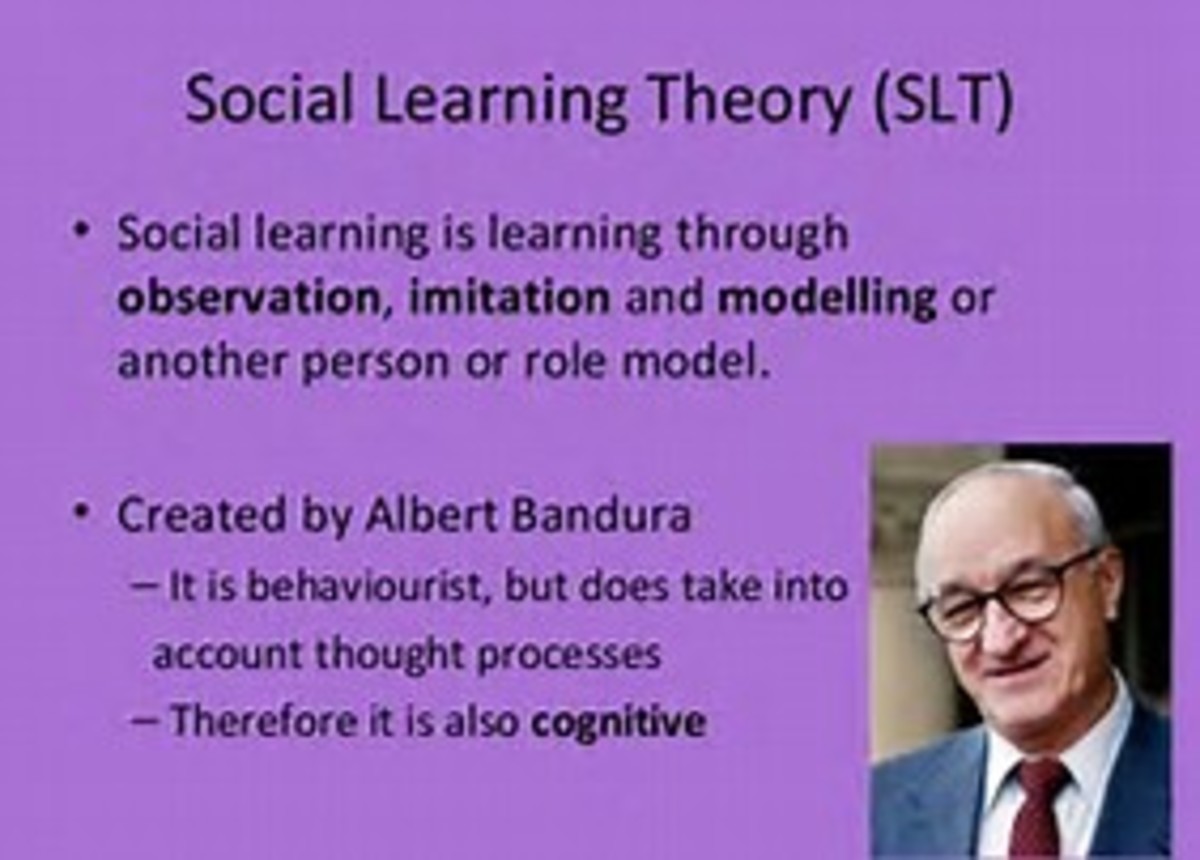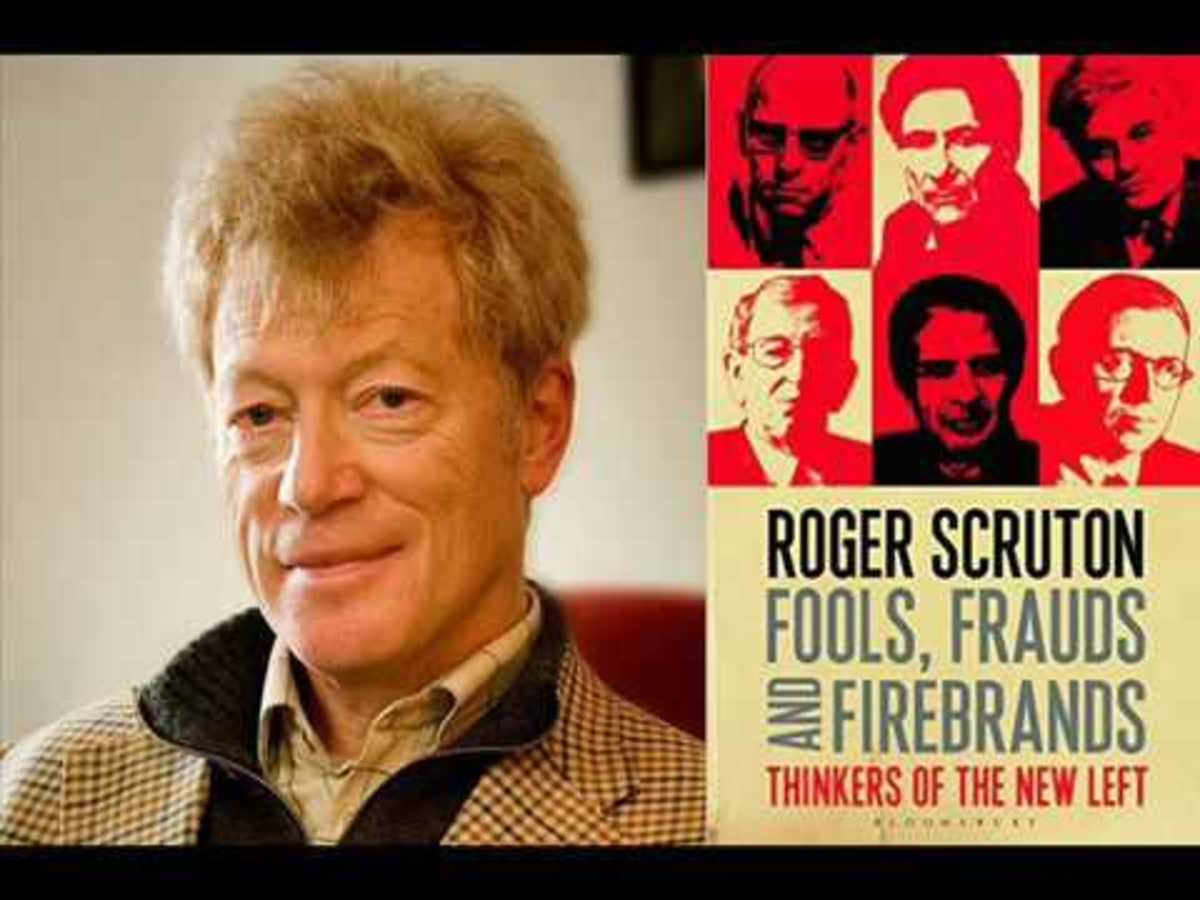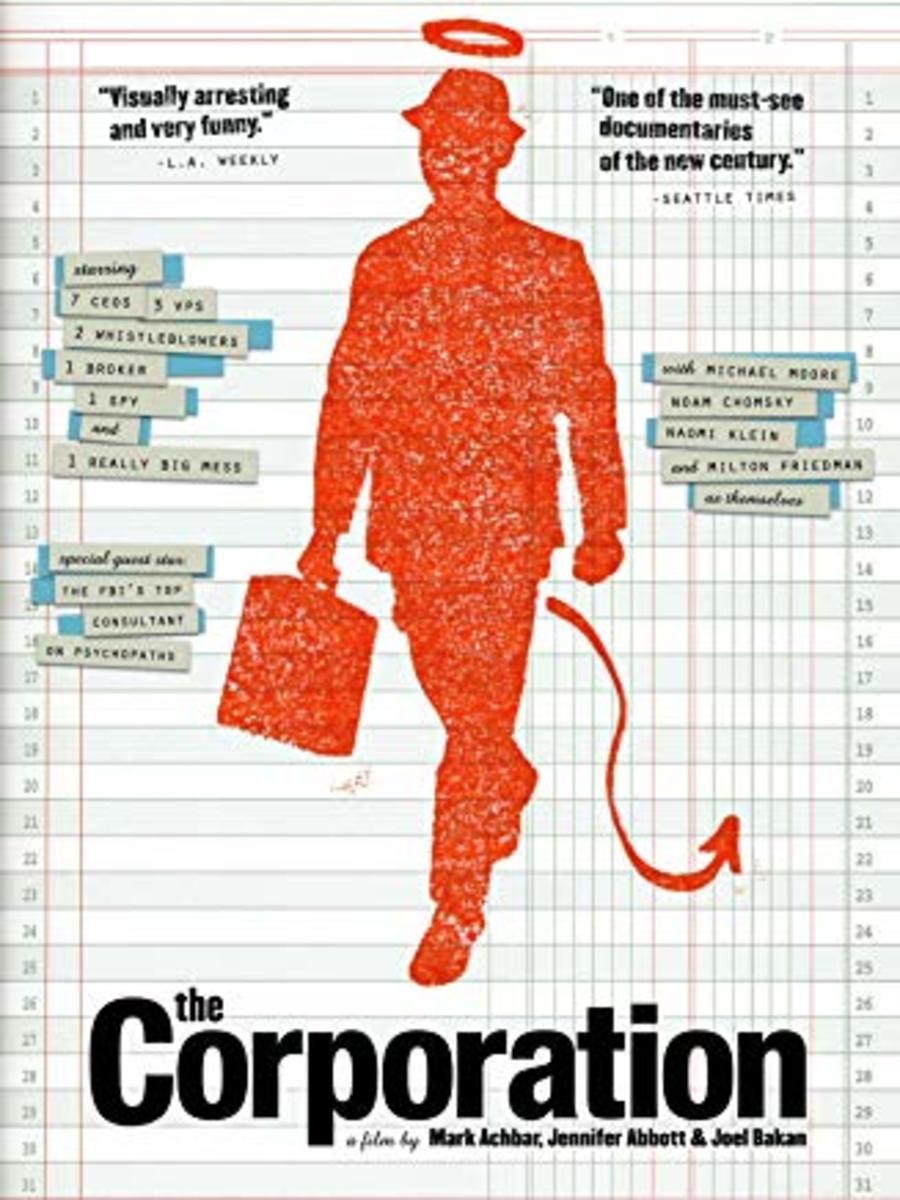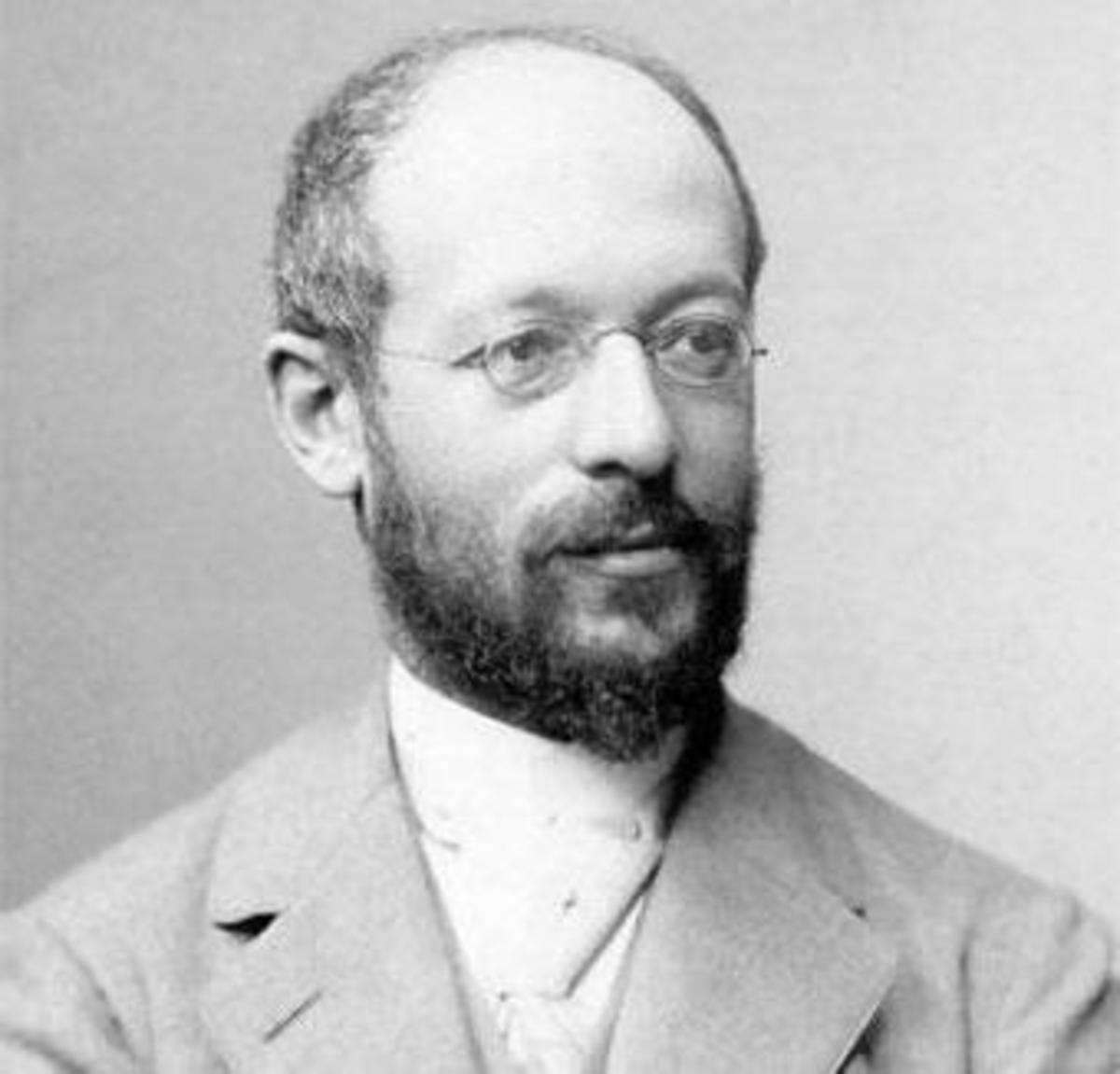Everything I needed to know for my AQA A2 Sociology Crime and Deviance (2011) Part 1/3 Theories of Social Study
My Completed Revision Notes from 2011
Theories of Social Society
Functionalsim
1. Durkheim
Society made of external social facts and organism analogy
Simple society (order achieved through mechanical solidarity i.e. moral rules and same norms and values because no division of labour) changes to complex society (organic solidarity i.e. large division of labour and specialist roles)
2. Parsons
Order maintained by moral commitment to rules
Problems with order/functional prerequisites-adaption (feed members), goal attainment (politics), integration (law, religion), pattern maintenance (socialisation e.g. family)
Moving equilibrium-changes on one social system affect another
3. Merton
Social institutions can have positive, negative or non-existent functions and have intended and unintended consequences
Functional autonomy-institutions aren’t interconnected but are independent units
Marxism
1. Marx
Dialectical materialism-economic conflicts
Capitalism reinforced by superstructure of institutions e.g. religion
2. Gramsci
Hegemony-the domination of ideas is as important as capitalism maintenance so people must want capitalism
3. Frankfurt School (Neo-Marxism)
Consumer Fetishism-people thinking buying fashionable goods creates happiness
4. Althusser
Revolution stopped physically (e.g. police) and through an ideological state (e.g. education)
Social Action Theory
1.Weber
Verstehn-empathetic understanding
Protestant work ethic was a major cause in the rise of capitalism
Types of action (human behaviour)-instrumental rational choice (two opposing goals weighed up), value instrumental (goals can’t be abandoned), traditional (just do because it’s tradition) and affective (done because of an unusual emotional state)
Rationalisation-action now governed by rational thought more, decreasing humanity
2.Symbolic Integrationists
Mead-humans not controlled by socialisation
-Different to animals because asses how to respond in situations, not automatically
-Humans interact with symbols (names), role-taking (First stage-play stage-mimic roles that aren’t our own to understand difference between us and them, Second stage-game stage-see collective viewpoint of others) and though the self (ability to see yourself from society’s perspective, becoming self-conscious)
-Self consists of I (spontaneous, selfish, uncensored) and me (internalises points of view, controls I)
-Have choice e.g. choose job, freedom in society, can join sub-cultures and don’t always act in social role
Blumer-rejects positivist methodology because can’t explain society as external forces that can be measured
-humans act on the meanings they give to objects and events and do not follow pre-set norms and values (they are created, modified, developed and changed within interaction) and can change their definition of situations (‘mechanisms of self-interaction’)
3.Labelling Theory
Labels are self-fulfilling prophecies, until the label becomes part of the individual’s self-concept
4.Phenomenologists
Subjective reasons for actions
Uses social constructionism research-nothing is a single type of act but occurs because of different motivation
5.Ethnomethodologists
Examines how people speak to each other in individual relationships and conversations
Structuration Theory
1.Giddens
Everyone constricted by structural factors e.g. age but also have some freedom to take action
2.Post-Structuralists
People forge own identities (e.g. by choosing products suggested by media) and are no longer see themselves in terms of gender etc.
Modernity
1. Post-Modernism
Nation-state (political unit) regulates capitalism and its conditions- ‘organised capitalism’
Globalisation has occurred because of changes in technology, the economy (e.g. trans-national companies), politics and culture and identity (mass media and the increased movement of people
Marxists agree but don’t see changes as break in past but as a new stage of capitalism
Baudrillard-society no longer based on goods production but on exchanging knowledge via images and signs/simulacra (e.g. articles about soap life-signs about signs)
-signs appear more real than reality but are meaningless
Too many versions of the truth to believe fully in one version-hyper reality
2. Late Modernity
The changes are not because of a new post-modernism era but the continuation of modernity
Traditions changing so have more freedom but there are more manufactures/man-made risks (e.g. nuclear war)
Can change risks so not predetermined like in post-modernity
Feminsim
1. Liberal/Reformist Feminists
Concerned with human and civil rights and freedoms of the individual
Sex-biological differences, gender-socialised roles (e.g. expressive instead of instrumental)
Believe inequality can be changed gradually, without reform
2. Radical Feminists
Universal patriarchy is the primary source of inequality and conflict
Strategies to reduce inequality-separatism (live apart from men), consciousness-raising (women- only groups were they share problems), political lesbianism (the only non-oppressive form of sexuality) catastrophe
3. Marxist Feminism
Gender inequality important for capitalism because they are a cheap/reserve army of labour, they reproduce the workforce and they absorb anger which should be directed at capitalism
4. Dual Systems Feminism
Combine Marxist and Radical Feminism (Hartmann)
There are two systems- economic (capitalism) and sex-gender (patriarchy) si it is looked at in the labour division and paid work
5. Difference Feminism
Feminism false universality because it’s not its only about the experiences of white, Western, heterosexual, middle-class women so they are essential because they say all women experience the same problems
6. Poststructuralist Feminism
Concerned with discourse and power/knowledge (Butler)
There is no fixed essence on what it is to be a woman because there are many different discourses (e.g. media, religion) which have different sorts of oppression







